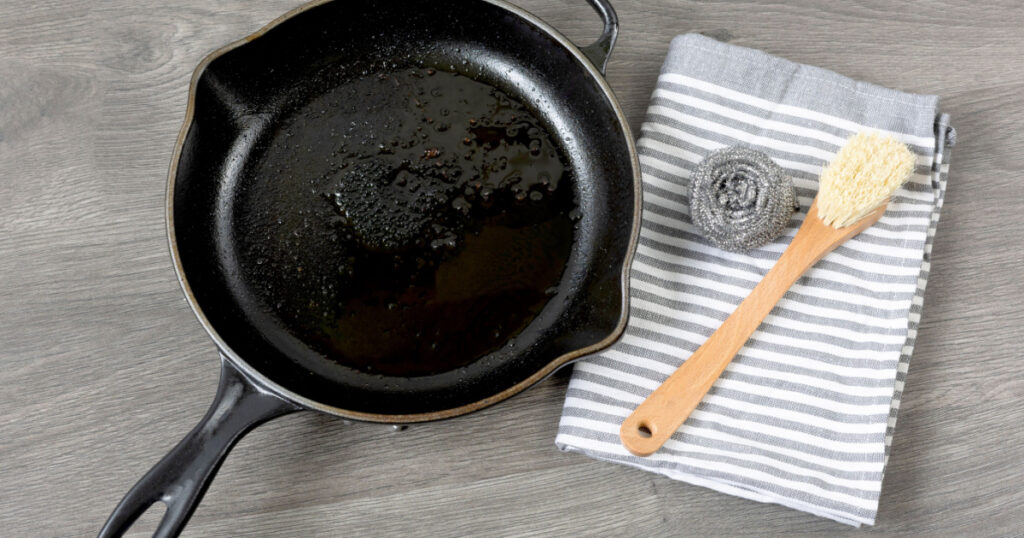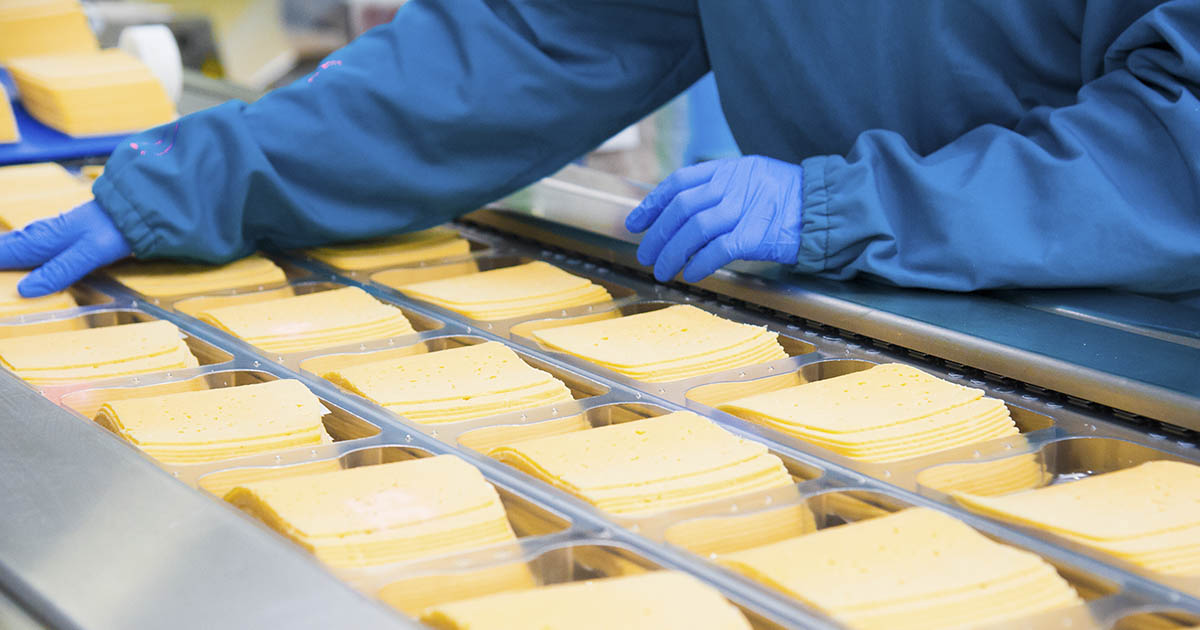There has long been a debate surrounding the potential link between aluminum and Alzheimer’s disease. While many authorities claim that there is no strong evidence to support this connection, some people remain concerned about the ways in which they may unwittingly consume aluminum. The most recent concern is whether or not there is aluminum in processed cheese, and if there is, if it can cause us harm.
The Controversial Connection Between Aluminum, Cheese, and Alzheimer’s
It is true that we can come into contact with aluminum through various sources, including utensils, cookware, and the food we eat. One particular source of concern is processed cheese, as it often contains sodium aluminum phosphate. (1)
Sodium aluminum phosphate is a food additive that helps to stabilize cheese and prevent it from separating. It also inhibits the growth of certain organisms in processed cheese, including those responsible for botulism. Sodium aluminum phosphate is not permitted in European cheeses, but it is found in many American processed cheeses such as Velveeta®, Kraft Singles®, and Cheez Whiz®. (2)
How Much Aluminum Do We Actually Consume?
However, it is essential to note that the average person consumes only a small amount of aluminum, and the absorption of this metal is relatively poor. According to some studies, the bioavailability of aluminum in our bodies is as low as 0.1-0.3%. This means that even if we consume aluminum through processed cheese or other sources, our bodies may not absorb a significant amount of it. (3, 4)
Furthermore, the connection between aluminum and Alzheimer’s disease remains controversial. While some studies have suggested a possible association, others have not found a significant link. Medical authorities, including the Alzheimer’s Association, maintain that current evidence does not support the notion that aluminum plays a major role in the development of Alzheimer’s disease. (5)
More On The Alzheimer’s – Aluminum Connection
Despite the fact that many studies have found no link between aluminum and Alzheimer’s disease, some evidence does suggest that people with a high intake of aluminum may be at greater risk for developing the condition. For example, one study published in 2015 found that people with Alzheimer’s Disease had significantly higher levels of aluminum in their brains, serum, and cerebral spinal fluid than those who didn’t. The researchers concluded that this gave another point towards the body of evidence that says that chronic aluminum exposure perhaps does contribute to developing the condition. That being said, we don’t know how much aluminum these people were exposed to, how they were exposed, and the frequency. Therefore, we can’t jump to the conclusion that “aluminum in cheese causes Alzheimer’s”. In short, more research is still needed. (6)
What to do if you are concerned about Aluminum
However, if you are still concerned about your aluminum intake, there are some steps you can take to reduce your exposure. Here are a few suggestions:
1. Minimize the use of aluminum cookware

Consider using alternative materials for cooking, such as stainless steel or cast iron. Cast iron pans may be heavy, but they offer even heat distribution and if seasoned well, they are relatively non-stick as well. They even contribute as a source of iron in your diet.
2. Choose unprocessed foods

Processed foods, including processed cheese, are more likely to contain additives like sodium aluminum phosphate. Opt for fresh, whole foods whenever possible. In addition, check the labels and become familiar with any aluminum additives.
3. Avoid aluminum foil

When cooking or storing food, try to use alternatives to aluminum foil, such as parchment paper or glass containers. Acidic foods are more likely to leach aluminum from the foil. For more information on aluminum foil, check out this article.
4. Read labels carefully

As mentioned, pay attention to the ingredients list on packaged foods. Look for any additives that may contain aluminum.
5. Maintain a balanced diet

Eating a varied and balanced diet can help minimize your risk of various diseases. That, along with stress management, proper sleep, and exercise, are good insurance policies for a longer, healthier life.
So, should you be worried about aluminum in cheese? The truth is that the link between aluminum and Alzheimer’s disease remains uncertain and controversial. While some people are concerned about their aluminum intake, it is important to note that the amount of aluminum the average person consumes is low, and absorption is limited. By making informed choices and following the suggestions mentioned above, individuals can reduce their aluminum exposure and maintain a healthy lifestyle.
Keep Reading: Is it safe to cook with aluminum foil? Potential dangers and alternatives
Sources
- “Digging Deeper – Sodium Aluminum Phosphate.” MSU. Elisabeth Anderson and Jinpeng Li. September 21, 2020.
- “Aluminium content of some foods and food products in the USA, with aluminium food additives.” Pubmed. Salim M Saiyed and Robert A Yokel. March 2005.
- “Aluminum bioavailability from basic sodium aluminum phosphate, an approved food additive emulsifying agent, incorporated in cheese.” Pubmed. Robert A Yokel , et al. June 2008.
- “IS THERE A LINK BETWEEN ALUMINUM AND ALZHEIMER’S?” ALZ Discovery. Yuko Hara, PhD. March 12, 2018.
- “Aluminum Levels in Brain, Serum, and Cerebrospinal Fluid are Higher in Alzheimer’s Disease Cases than in Controls: A Series of Meta-Analyses.” Pubmed. Sohaib A Virk and Guy D Eslick. 2015.

